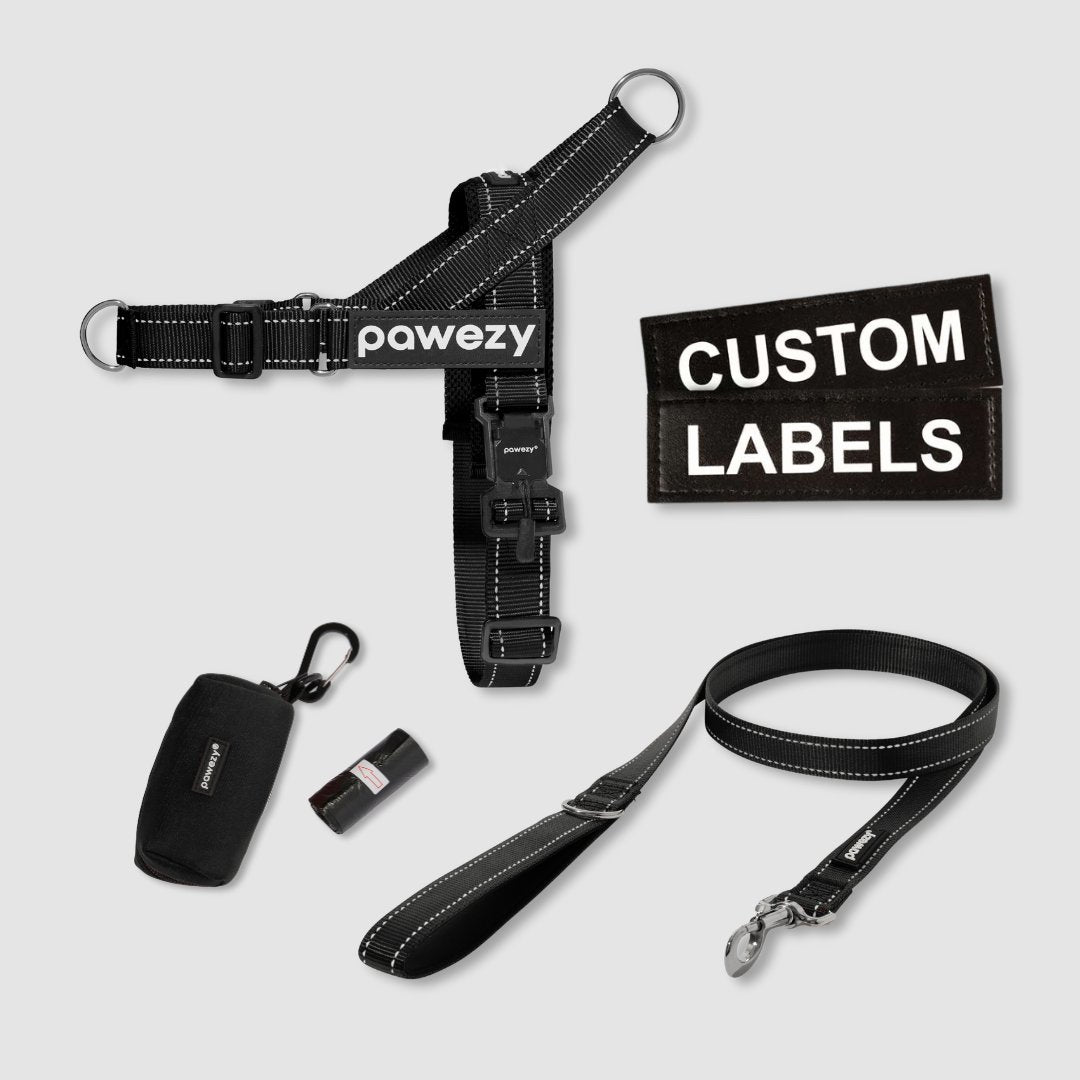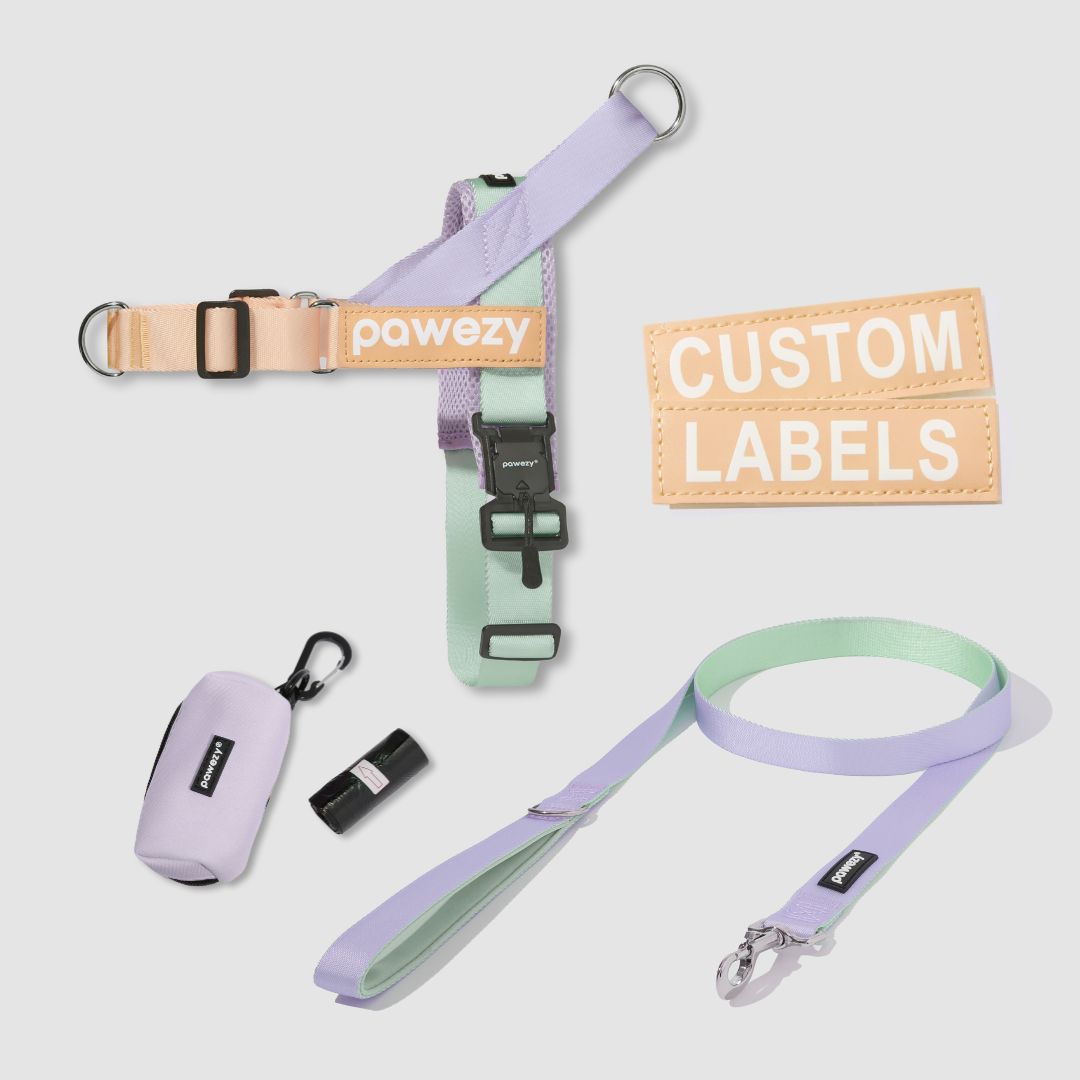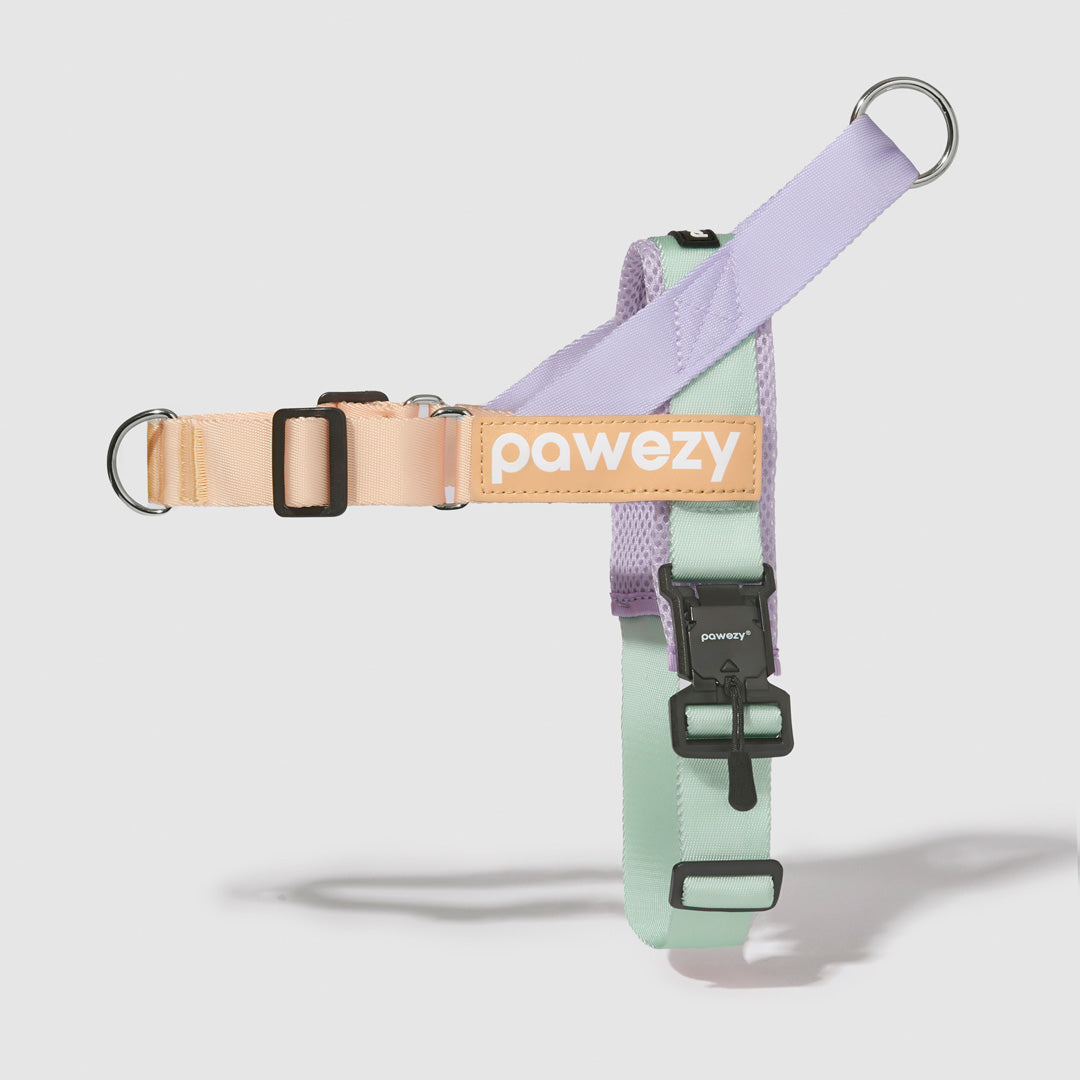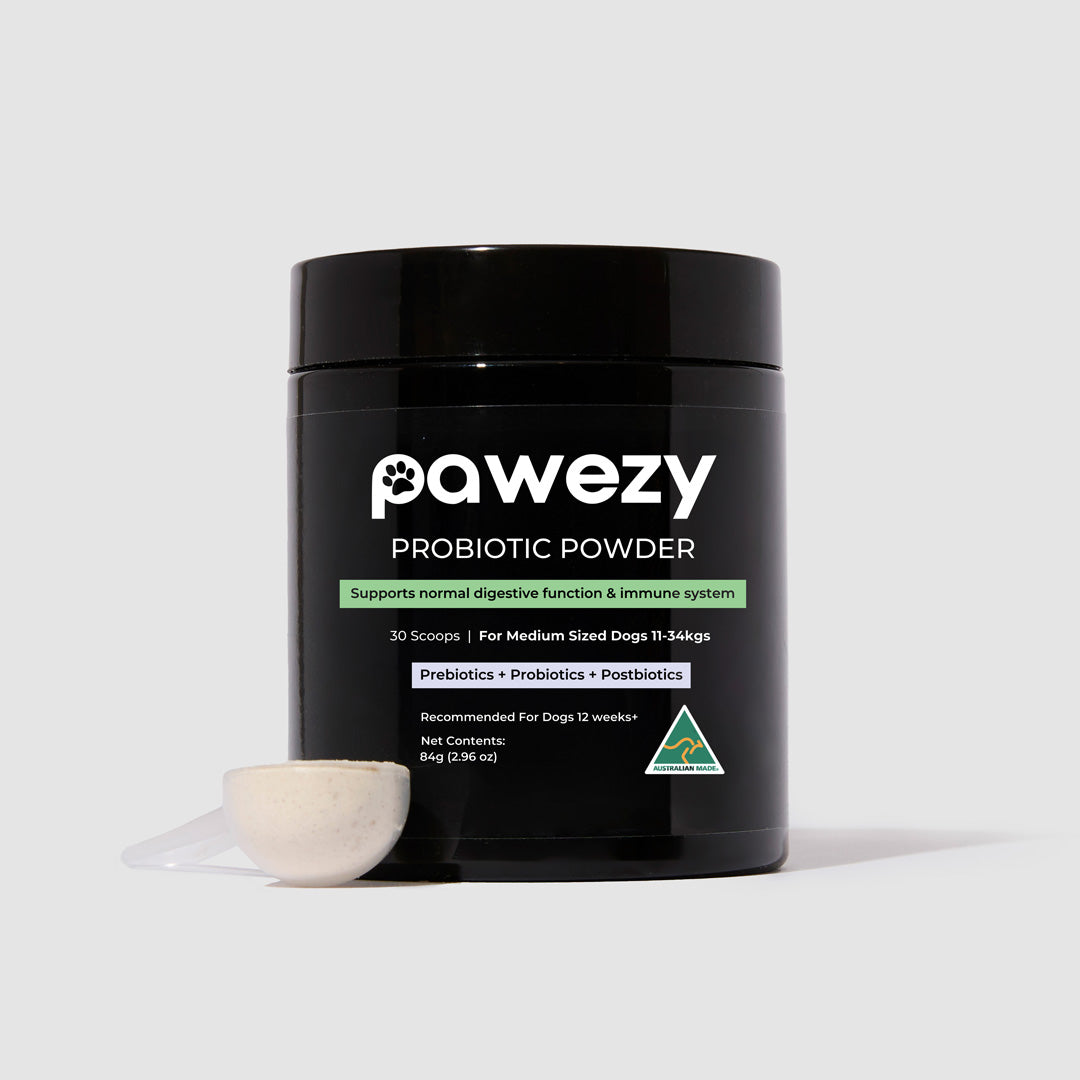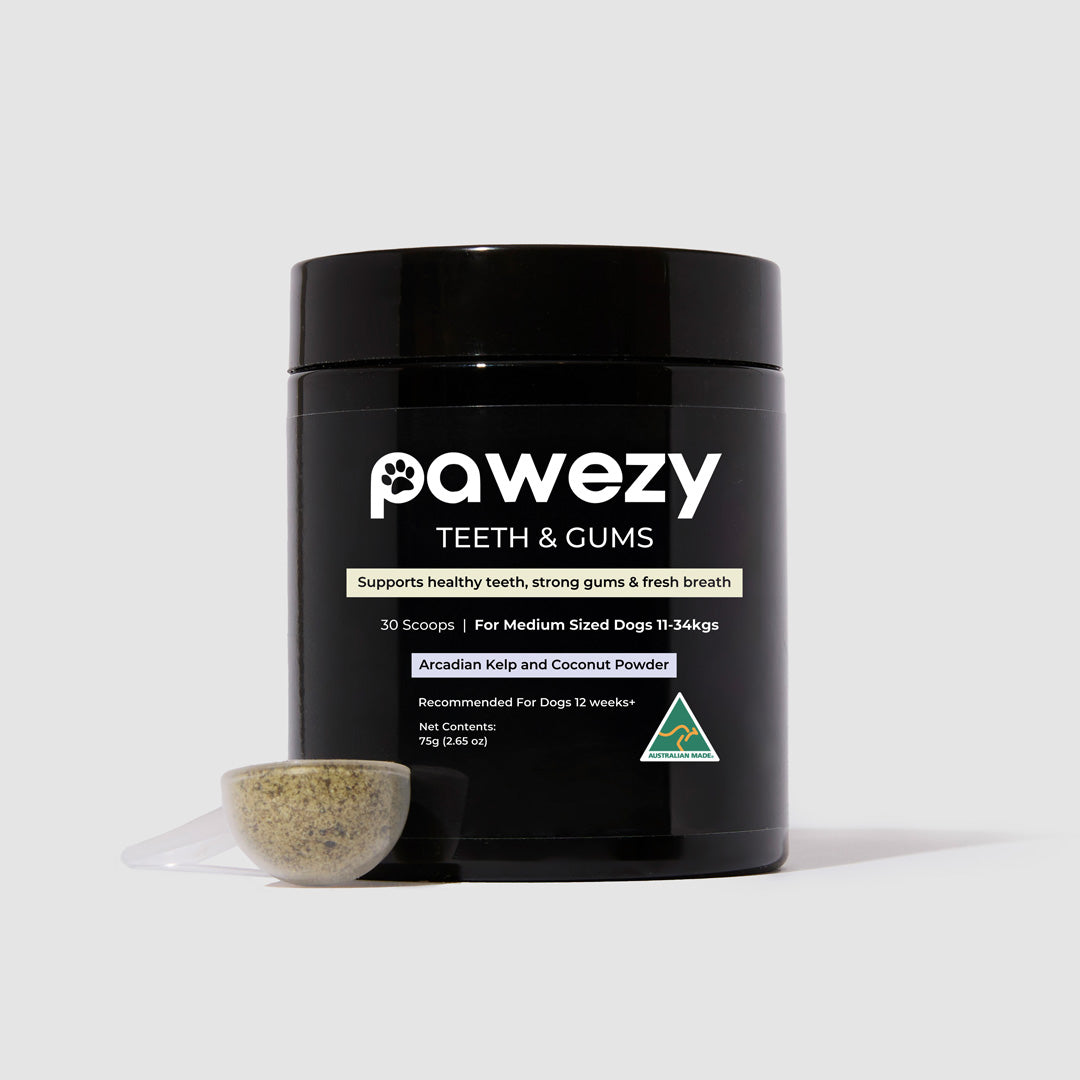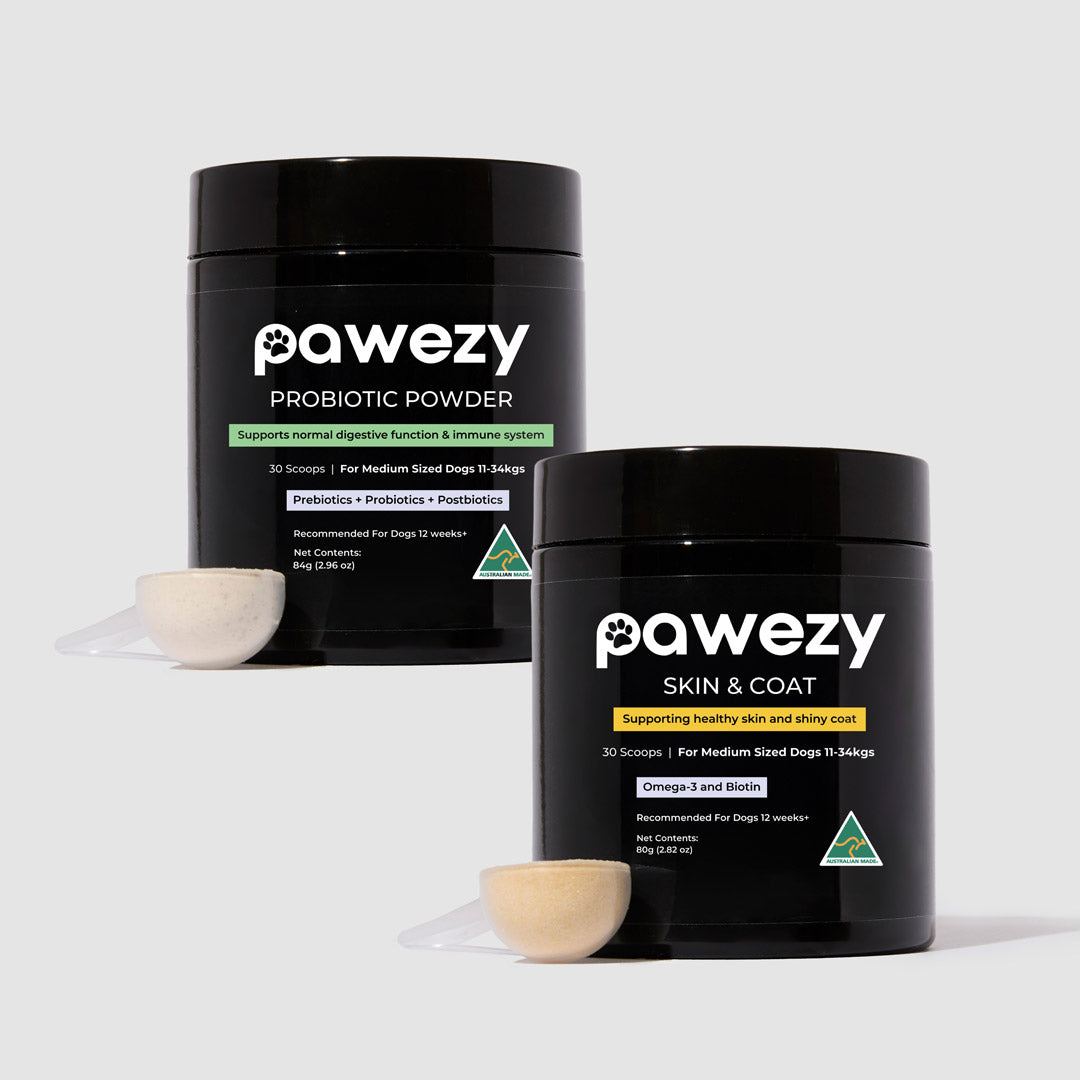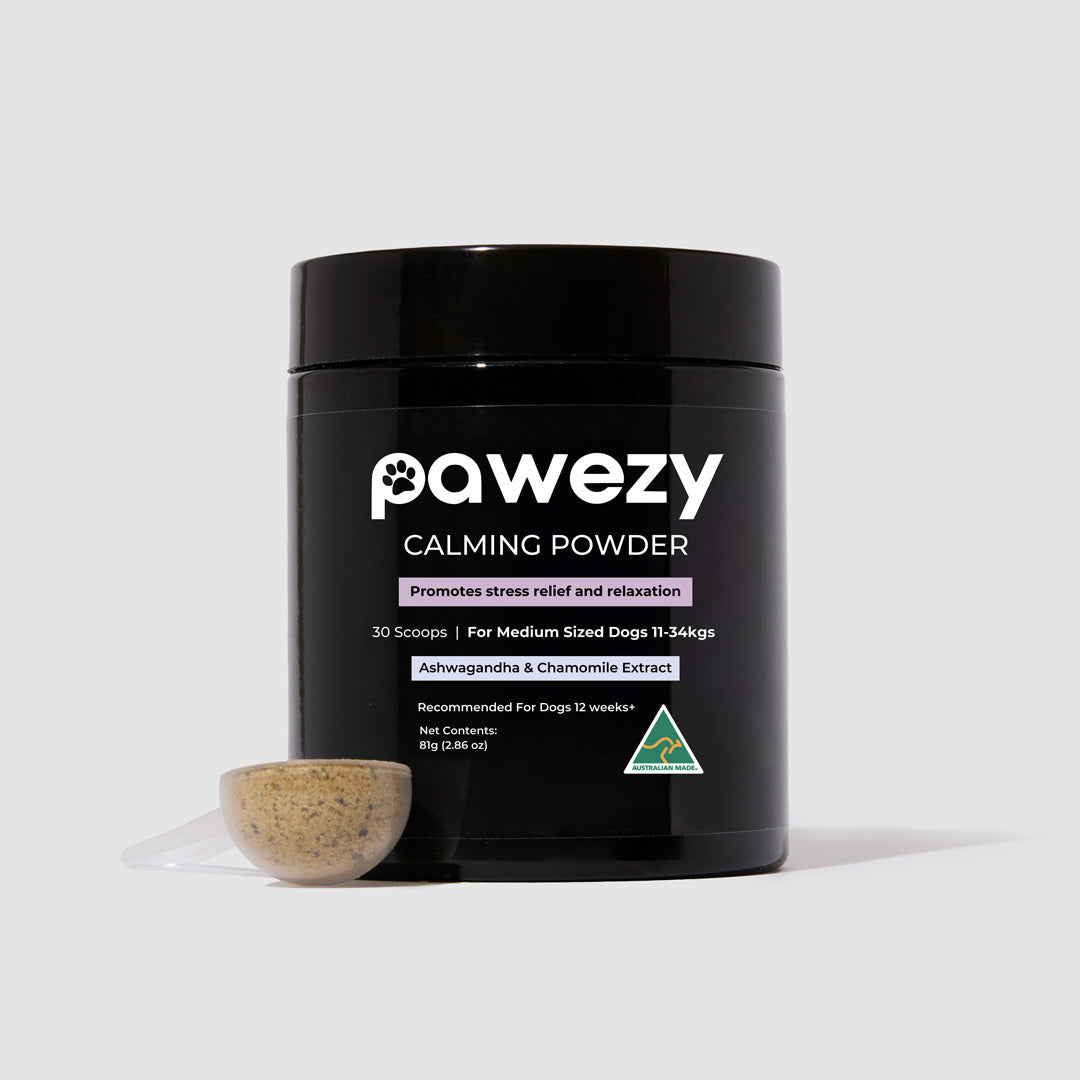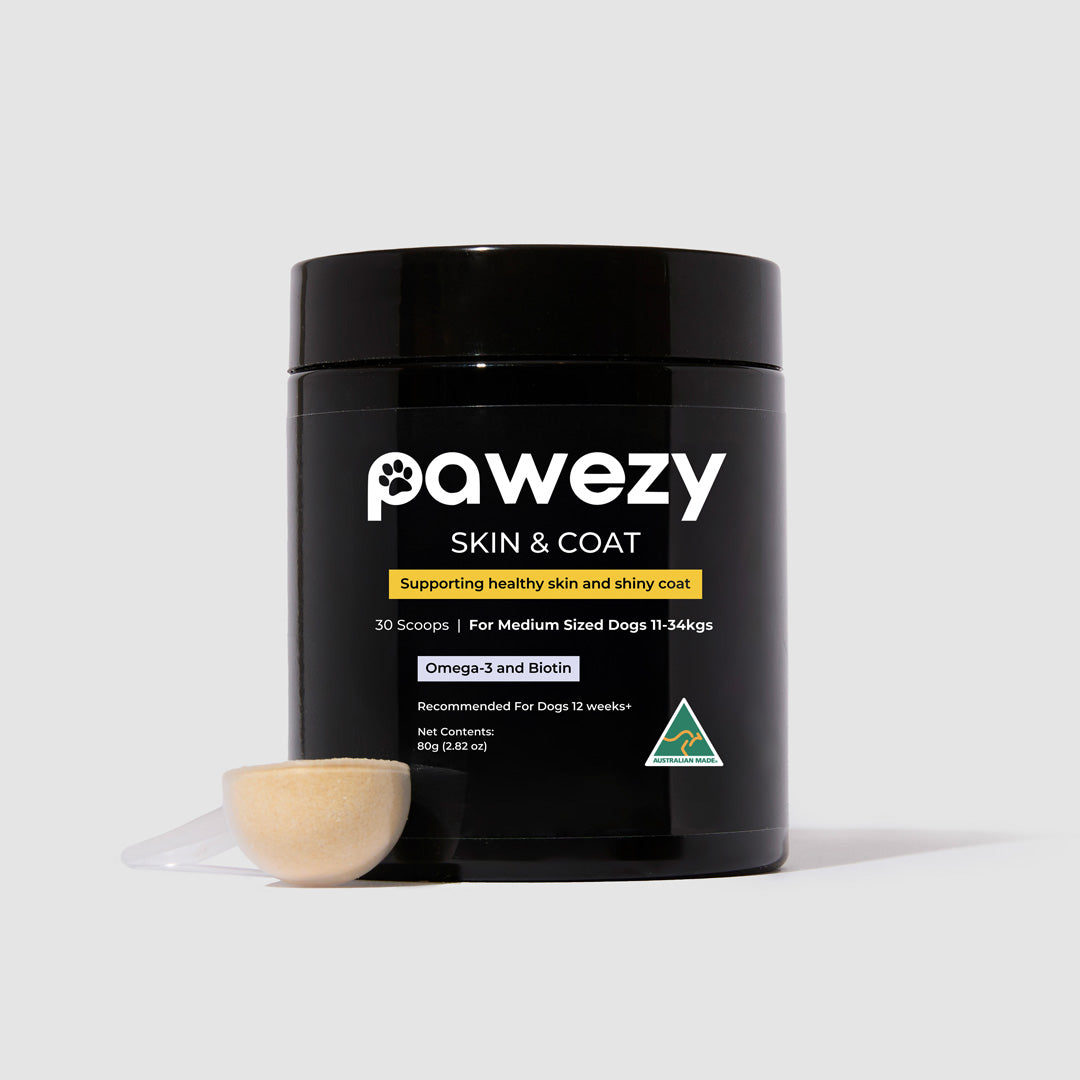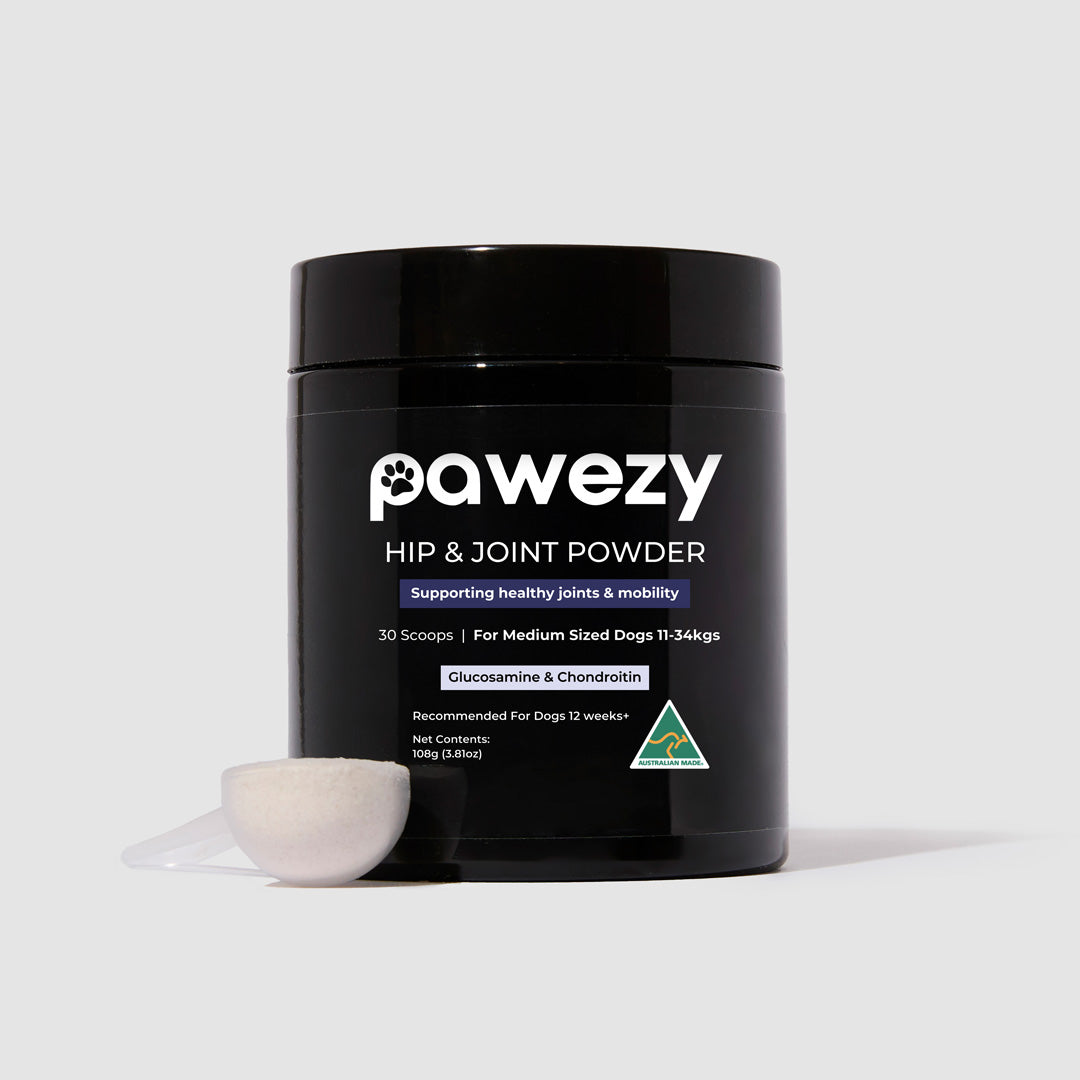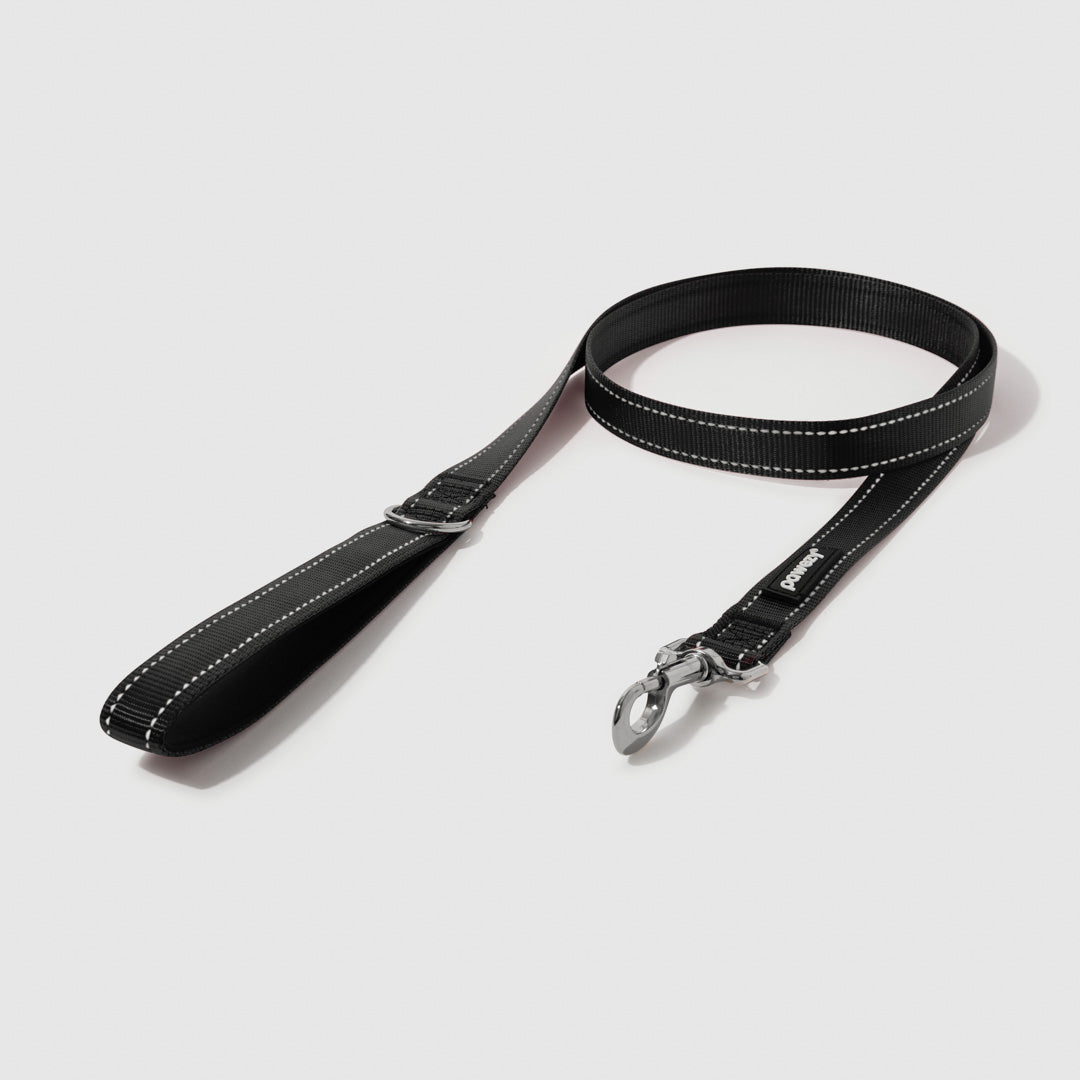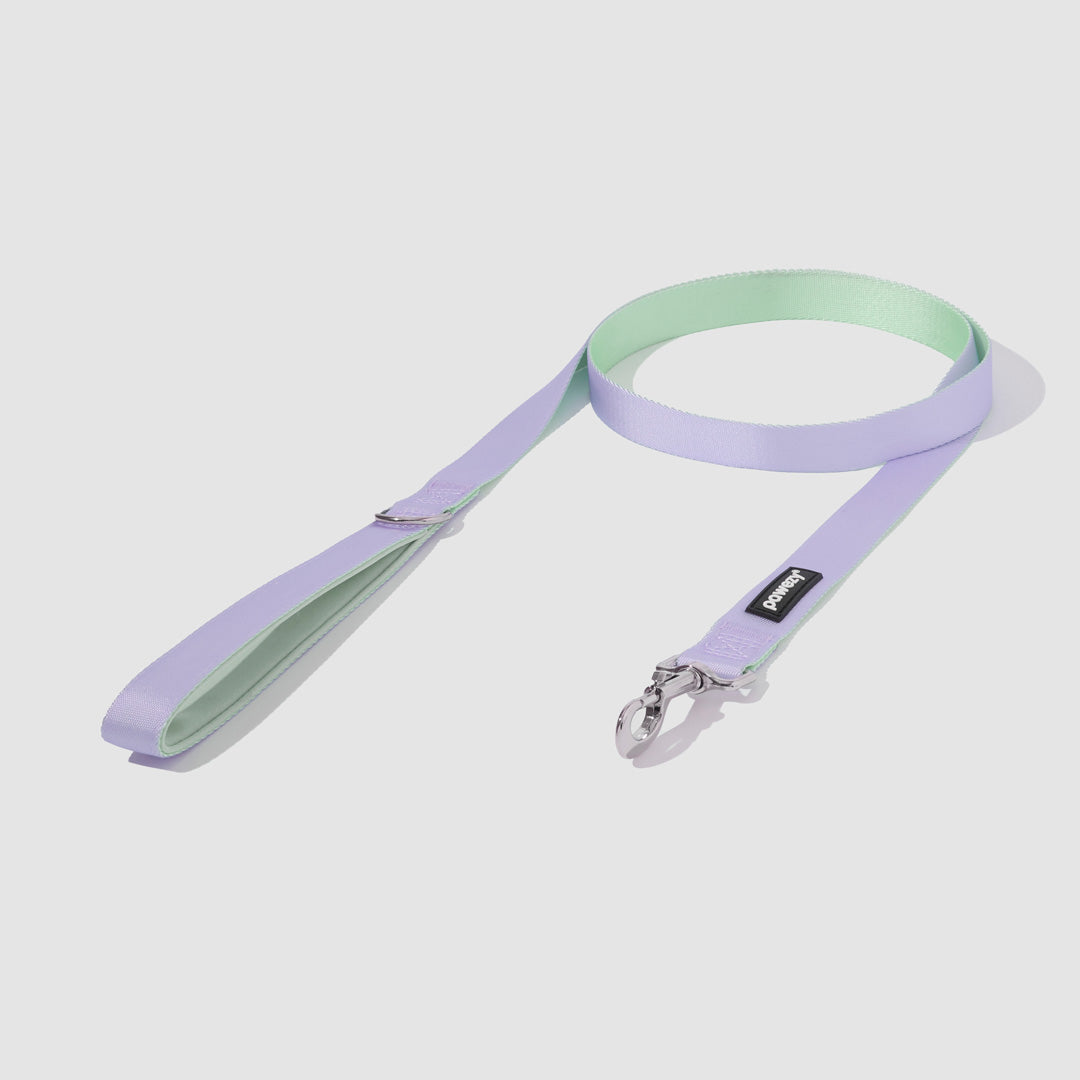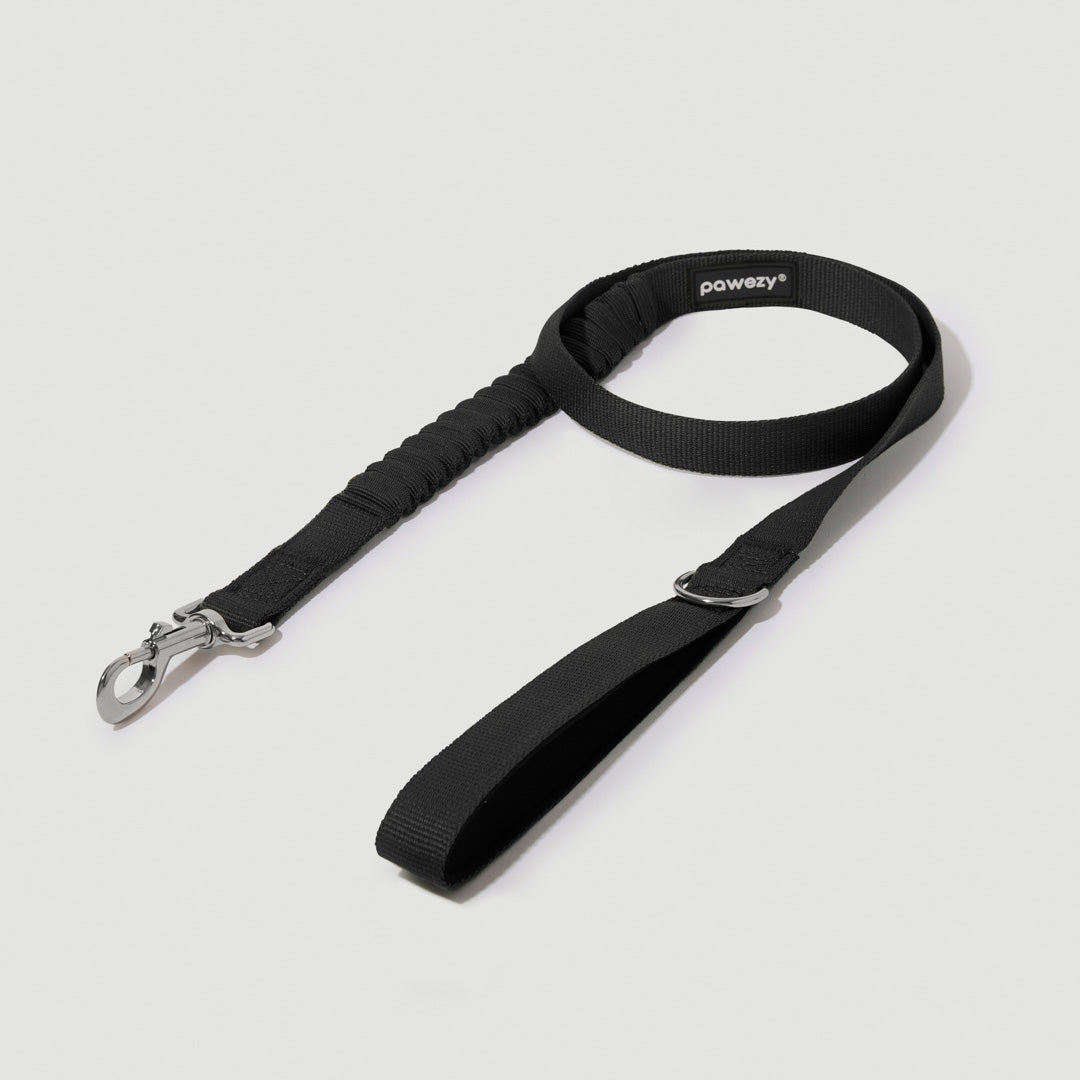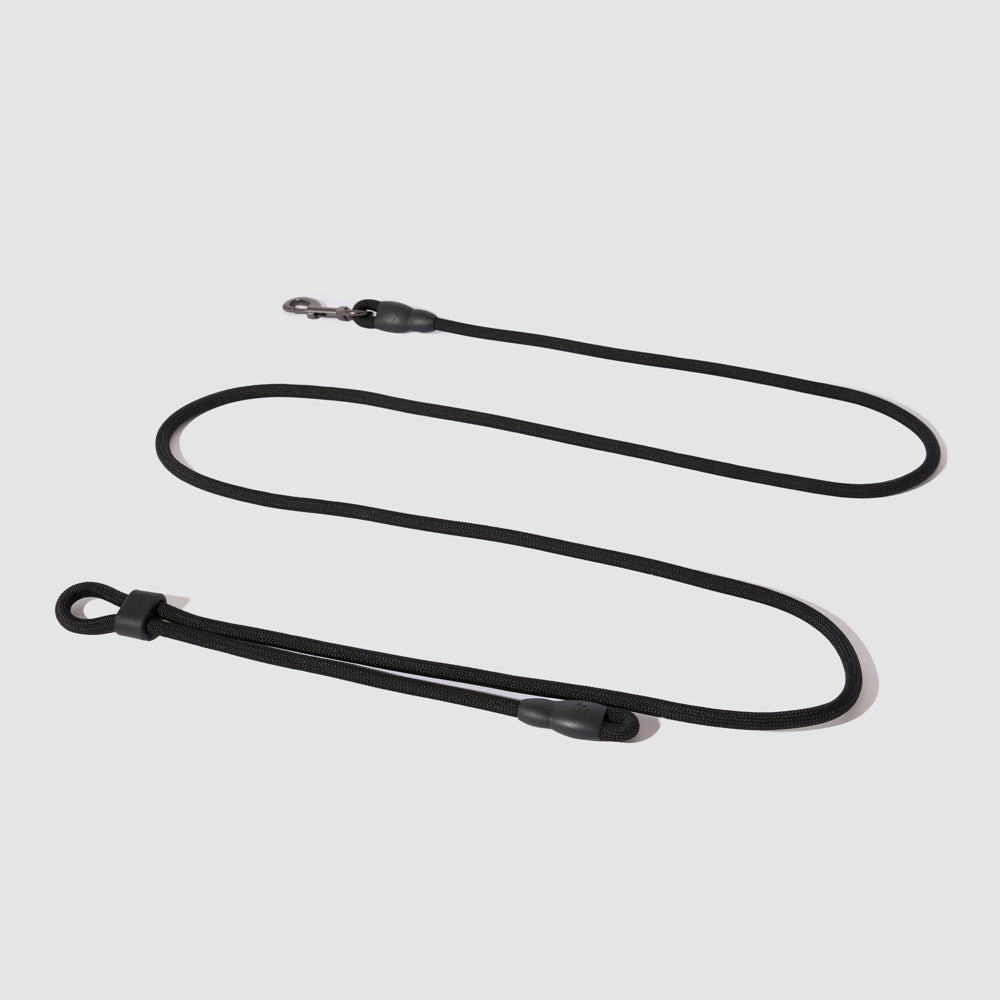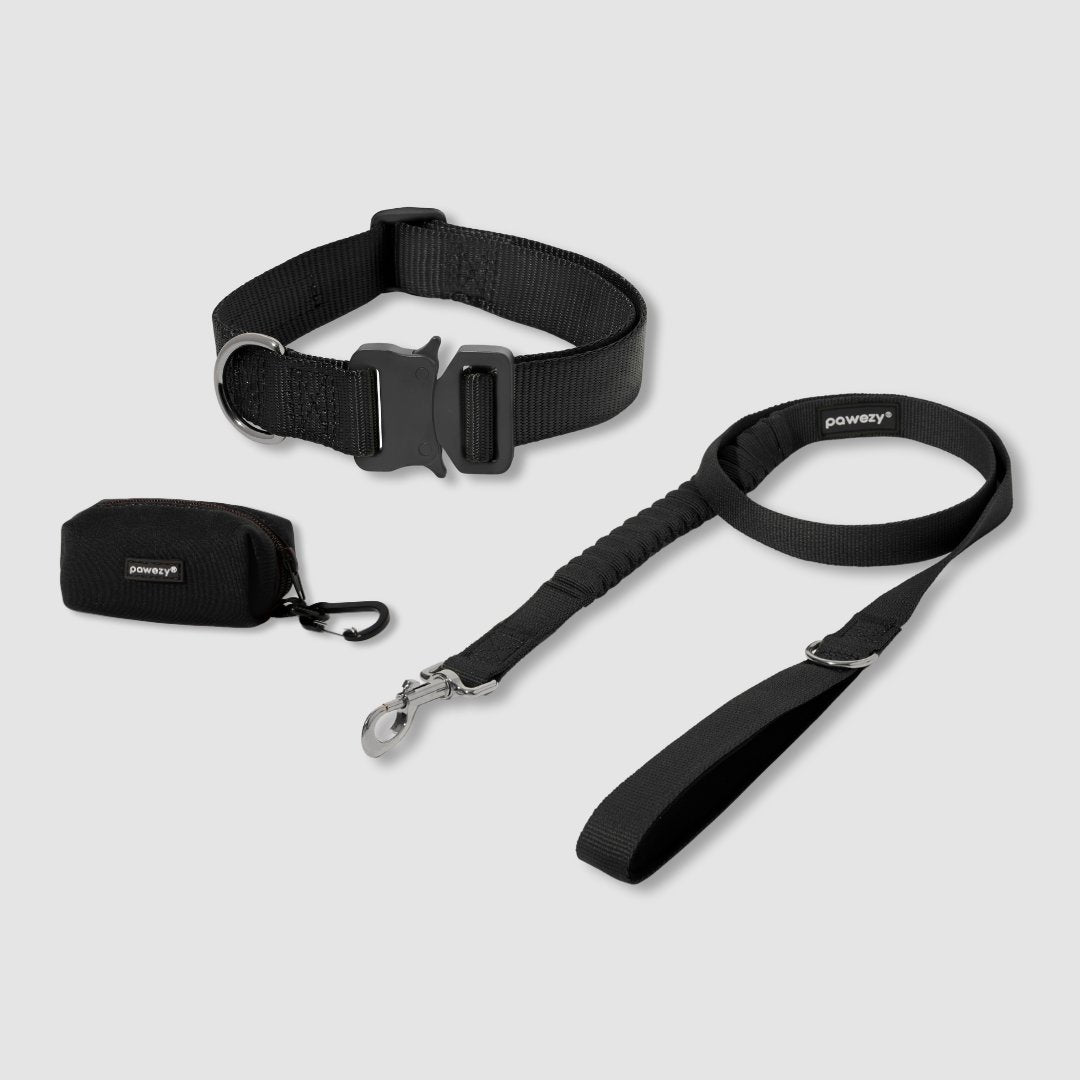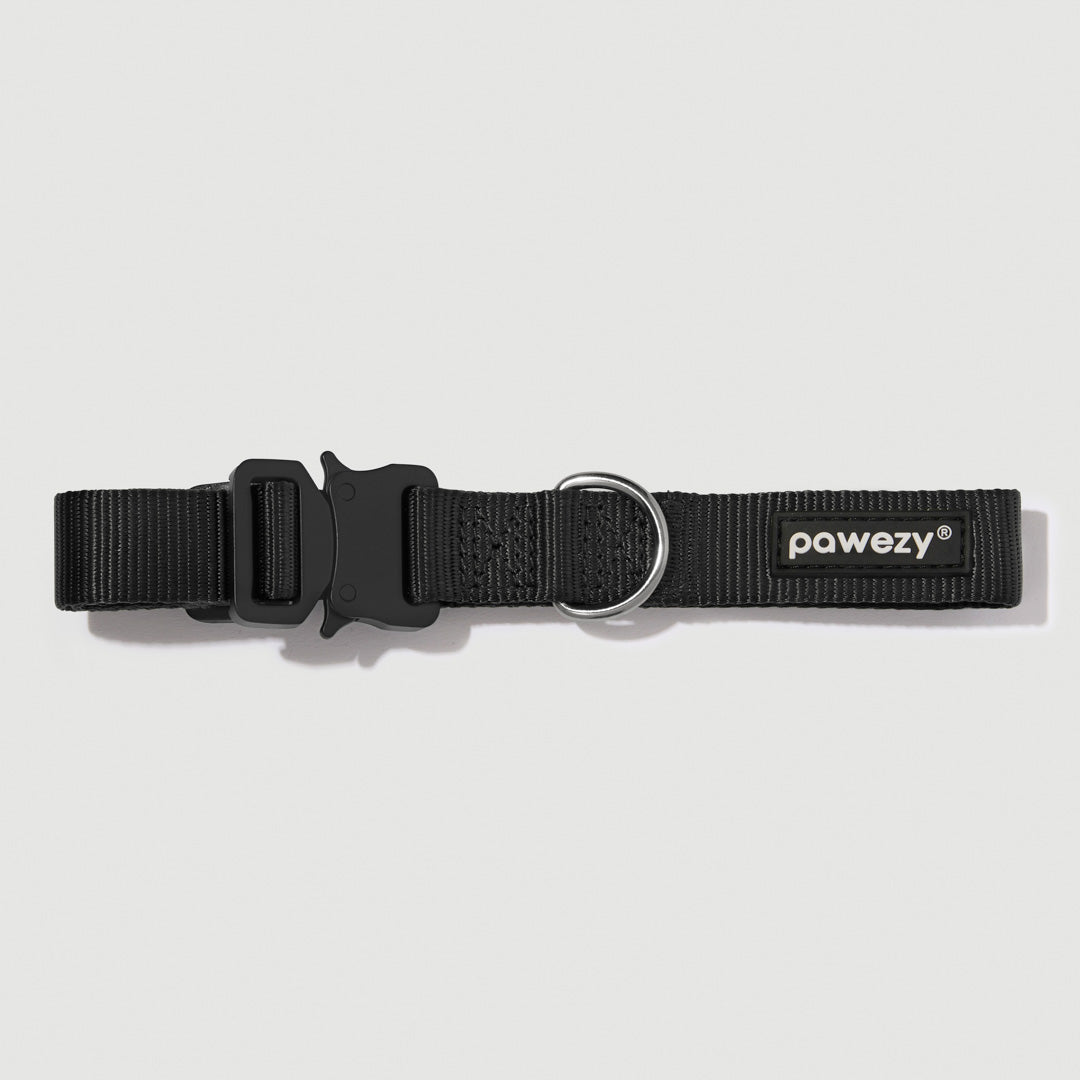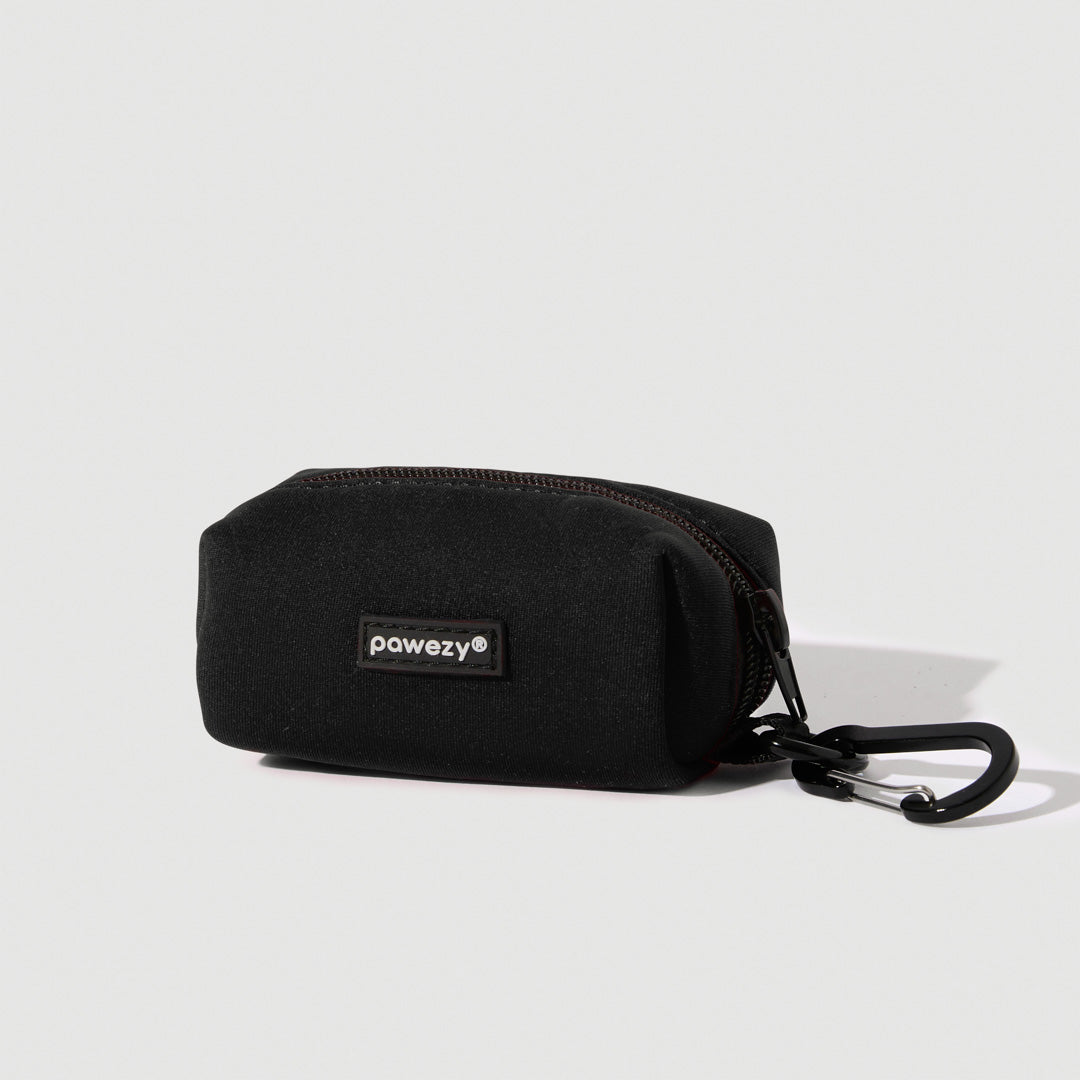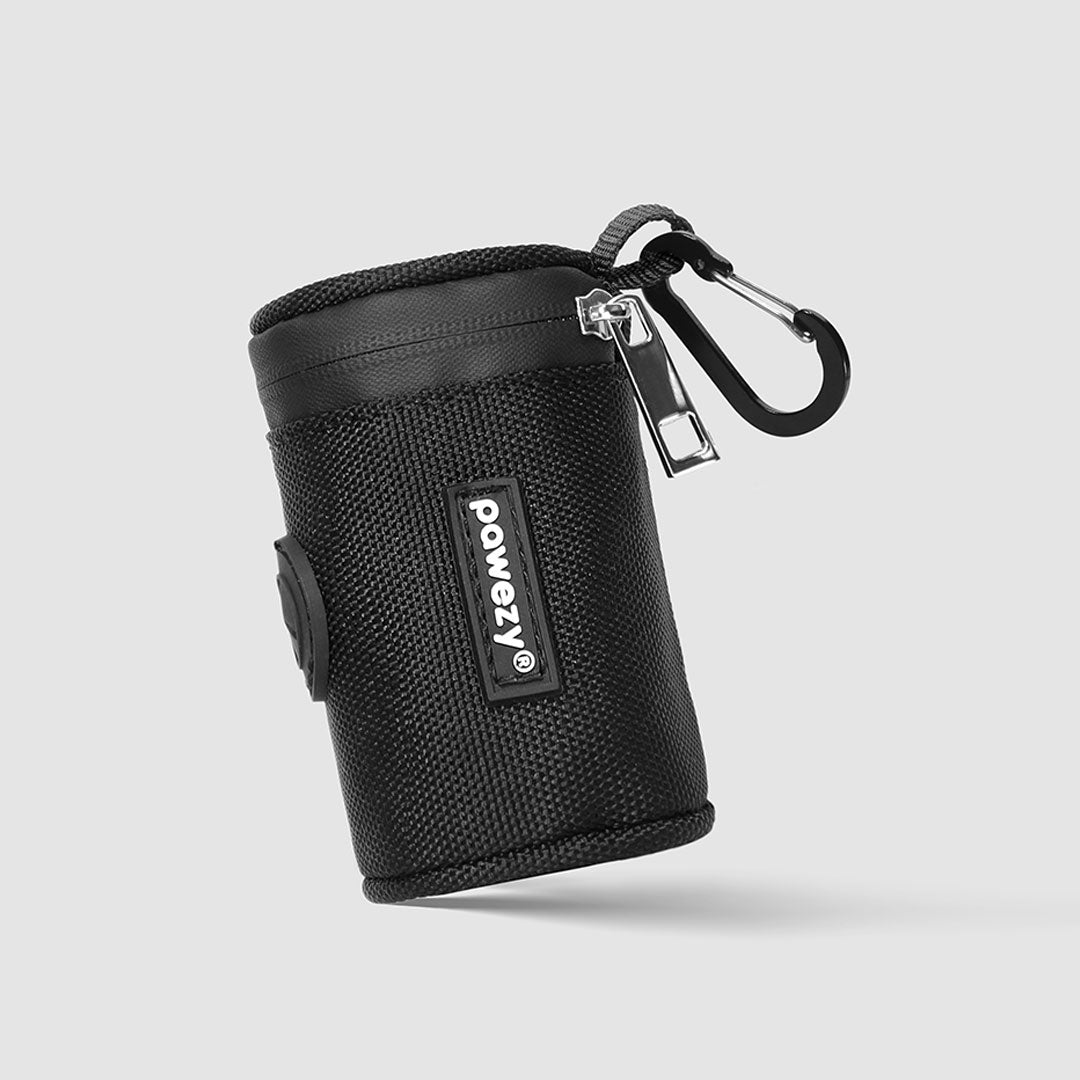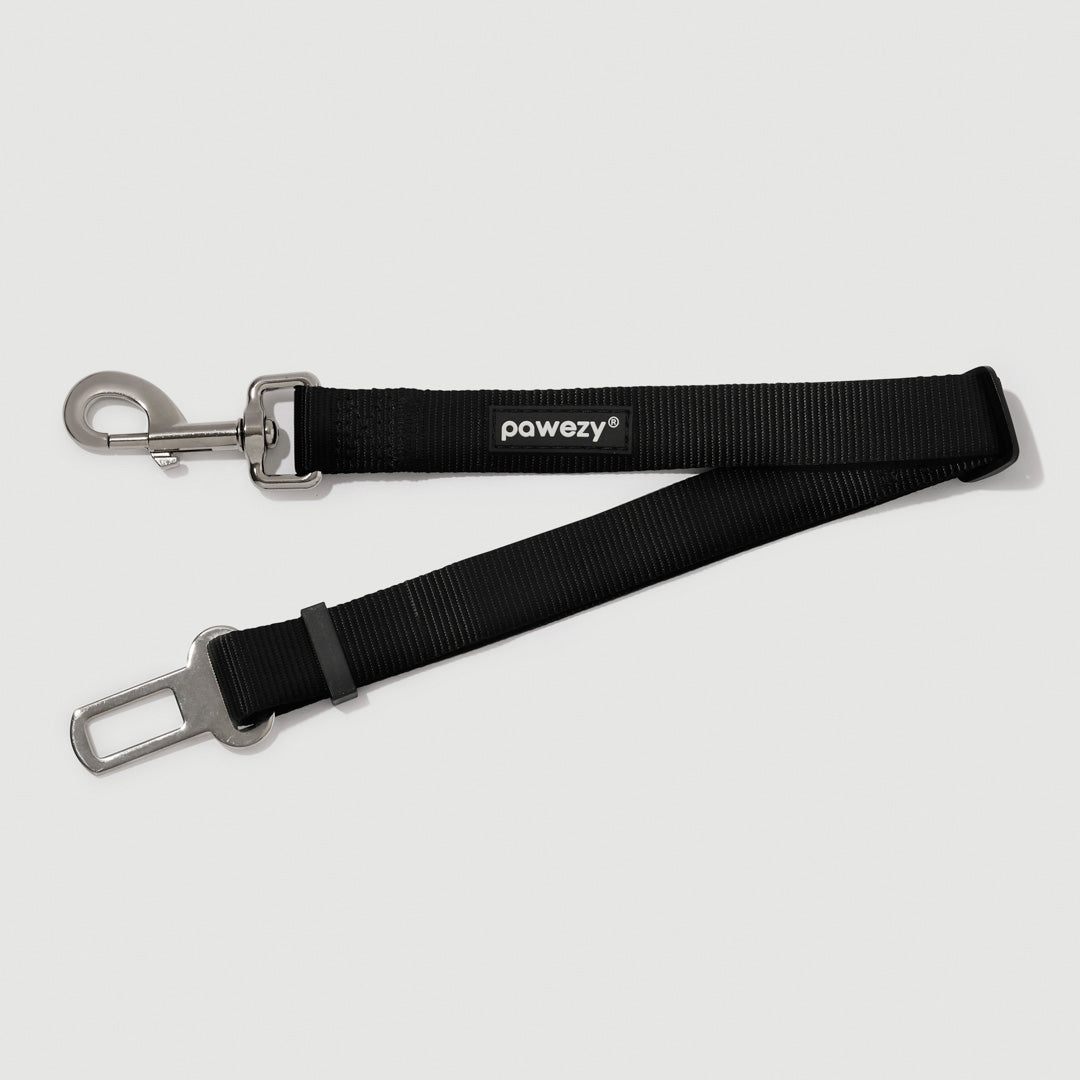How Often Should You Give Your Dog Supplements?
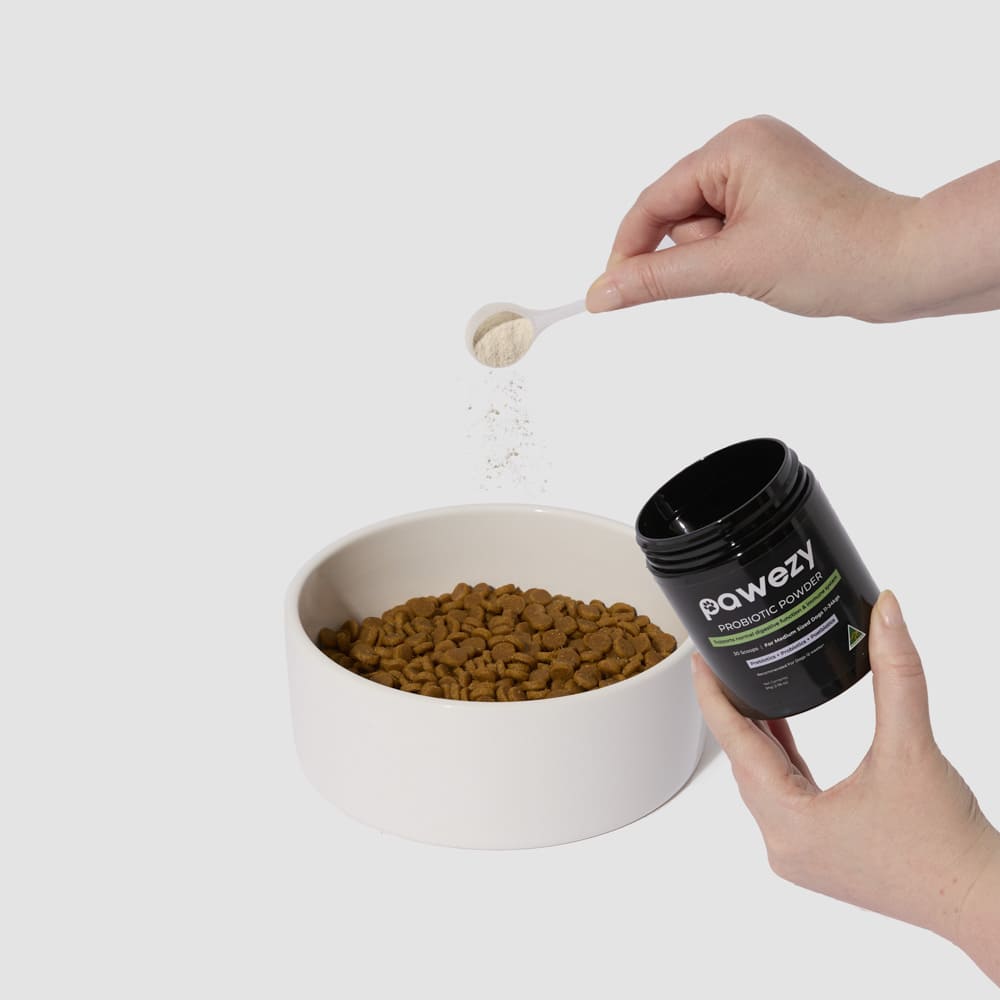
Choosing the right supplement is critical to your dog's health - it's no secret. But what's equally important is how often you give the supplement. Once a day? Twice a day? Weekly?
The frequency you select can make or break your dog's experience with a given supplement. So, it's critical to get this part right. Read on to find out how often to give your dog supplements.
Give Your Dog Supplements Every Day
In most cases, supplements for dogs are formulated for daily use. You'll give them the supplement during one of their daily meals.
However, there are rare cases where a different frequency would be appropriate.
So, always review the supplement manufacturer's instructions. The usage guidelines should be clearly displayed on the label. If there are no instructions, that's a red flag - perhaps a different supplement would be a better choice.
A daily frequency works well for many dog owners because it's easy to remember. It'd be more difficult to keep up with a schedule where the supplement is given every other day or once a week. Plus, daily supplementation ensures that your dog gets a steady dose of your chosen supplement on a regular basis.
Should I Give Supplements in the Morning or at Night?
Technically, you can give the supplement at any time of the day. However, morning doses are generally preferred over midday or nighttime doses. Starting the day with the supplement encourages full absorption and ensures your pet's health is supported all day long.
Ultimately, though, it's your decision. If a morning dose doesn't gel with your lifestyle and would interfere with consistency, giving the supplement a bit later in the day would be the best decision for you and your pup. The main goal here is to give it at the same time each day.
The Importance of Consistency in Dog Supplementation
After learning how much of a supplement your dog should be taking, remember to be consistent. Here's why that's important:
- Results from supplements often take quite a bit of time; they provide gradual benefits that develop over time.
- Adhering to an ongoing supplement routine helps to ensure that your dog has a steady supply of supplement-provided nutrients.
- Chronic issues like joint stiffness and anxiety require ongoing support for long-term improvement.
- Keeping up with daily supplements helps your pooch get the most out of their supplement, as this is how they were meant to be taken. Using them sporadically could result in little to no benefit for your dog.
- Daily supplementation with proper dosing prevents sudden, unexpected changes in nutrient levels. It makes it easier for your dog's body to adjust to the supplement as well.
- Consistency also aids in success tracking. Unless you've been using the supplement the way it's supposed to be taken (on a regular basis, typically once a day), you won't know for sure whether it is beneficial for your four-legged friend.
So, do your best to ensure that your supplement stash is always fully stocked, and set a daily alarm if needed to keep yourself on track.
What Happens if You Miss a Dose?
Life happens. If you haven't already, you might miss a dose of the supplement. But don't worry. If it's close to the time you plan to give them another dose, skip the missed dose. Otherwise, give the dose as soon as you remember it's been missed. Missing one dose of a supplement won't likely result in any sort of trouble for your dog.
If weeks have gone by and you forgot to reorder your dog's joint supplement or your favorite probiotic supplement is out of stock, that's a little more of an issue. You may see a negative change in your dog from being off the supplement, but restarting it ASAP may be your best bet.
How Long Does It Take for a Dog Supplement to Work?
There's no universal timeline for supplement effectiveness. Every supplement is different, and so is every dog. But the thing to remember here is that your chosen supplement must be taken long enough to accumulate in the dog's system. Only then will it work at its full strength. With consistent use, some see results from supplements in a few weeks. However, it's not unusual for it to take longer than that.
In situations where your dog has started a supplement months ago and you're not seeing results, it's time to talk to a veterinary expert for their professional opinion. It could be that they're on the wrong supplement, need a larger dose, or could use a more customized treatment for their ailment.
The Ideal Dog Supplement Dose
Giving a supplement consistently isn't the only thing to be concerned about. In addition to your supplementation schedule, you'll need to pinpoint the appropriate dose for your dog. The amount you should give may depend on several factors:
- How large your dog is.
- Your dog's breed.
- Whether your dog is a puppy, adult, or senior.
- How active your dog is, specifically in the case of joint supplements.
- The issue your dog needs supplements for.
If you're unsure of the dose, the packaging or manufacturer should have the answers you need.
Can You Over-Supplement Your Dog?
We all love our pooches, and that love can tempt us to overdo it in the supplement department. After all, the best dog supplements boast healthy ingredients that are wholesome for your dog. Still, like everything else, supplementation should be done in moderation.
If you give your dog more of a supplement than is recommended by their vet or the product manufacturer, they could pay the price. Here are some of the issues your dog could experience when over-supplemented:
- Gas
- Diarrhea
- Vomiting
Do Vets Recommend Supplements for Dogs?
Not so sure that supplements will help? This section is for you.
Veterinarians all over recommend supplements for dogs to help fill gaps in their diet or support a known or probable condition. 1 in every 3 dogs is on a regular vitamin or supplement. Per the American Kennel Club, researchers have seen encouraging evidence proving the merits of using supplements for pets, including dogs.
For those who need a little more convincing, talk to your veterinarian for a professional opinion. They can give tailored advice about your specific pup and put your mind at ease. You can also ask about which dog supplements to look into. We'll give you some ideas below.
Popular Dog Supplements to Consider for Your Pooch
Dog supplements come in a wide variety of options to meet your dog's needs. Here are some of the most popular types used to support pups’ ongoing health and well-being:
- Dog probiotic supplement. For gut protection, tummy issues, and immune system support.
- Dog skin and coat powder. For a healthy, lustrous coat and nourished skin.
- Dog joint supplement powder. For improved mobility and joint health and support.
- Dog dental powder. For fresher breath, healthy teeth, and strong gums.
- Dog calming supplement. For a deeper sense of calmness and well-being.
For the easiest possible experience, go with a complete dog supplement powder. You'll simply sprinkle a scoop over their food and let them chow down.
So, there you have it - how often dogs should have their supplement, important tidbits about supplementation consistency, and much more. We hope you found the information you were looking for, and we wish you the best as you fine-tune your pup's diet with mindful dog supplementation.
Frequently Asked Questions: How Often Should You Give Your Dog Supplements?
What human vitamins can I give to my dog?
No matter how tempting it might be, never give human vitamins to your dog. First, the doses aren't tailored to canines. And second, vitamins for humans often contain ingredients/additives that can be harmful to Fido. Instead of searching your medicine cabinet, we encourage you to search for dog supplements online or talk to your veterinarian for supplement recommendations and advice.
How do you know that your dog needs supplements?
Sometimes, it's easy to tell whether your dog needs supplements. Here are some of the main signs:
- They don't eat as much or as often as they used to.
- They seem lethargic or uninterested in physical activity.
- They're licking, scratching, or biting themselves often.
- They seem restless.
Immediately after noticing these symptoms, we urge you to talk to a vet and get your pet examined. Your vet will let you know whether it's a medical condition requiring a prescription or an issue that can be improved with a supplement.
IMPORTANT: Your dog doesn't have to be ill to use dog supplements. Dog probiotic powder, dog mobility supplements, and others keep your pup thriving and may prevent future medical issues.
When should I start giving my dog supplements?
After bringing a new puppy home, dog lovers may think their pup is too young for a supplement. Here's the deal: supplements can be given to dogs as young as 12 weeks old, and may be given to even younger dogs under vet supervision. So, if your dog is at least 3 months old, rest assured that they're old enough for dog supplements.

